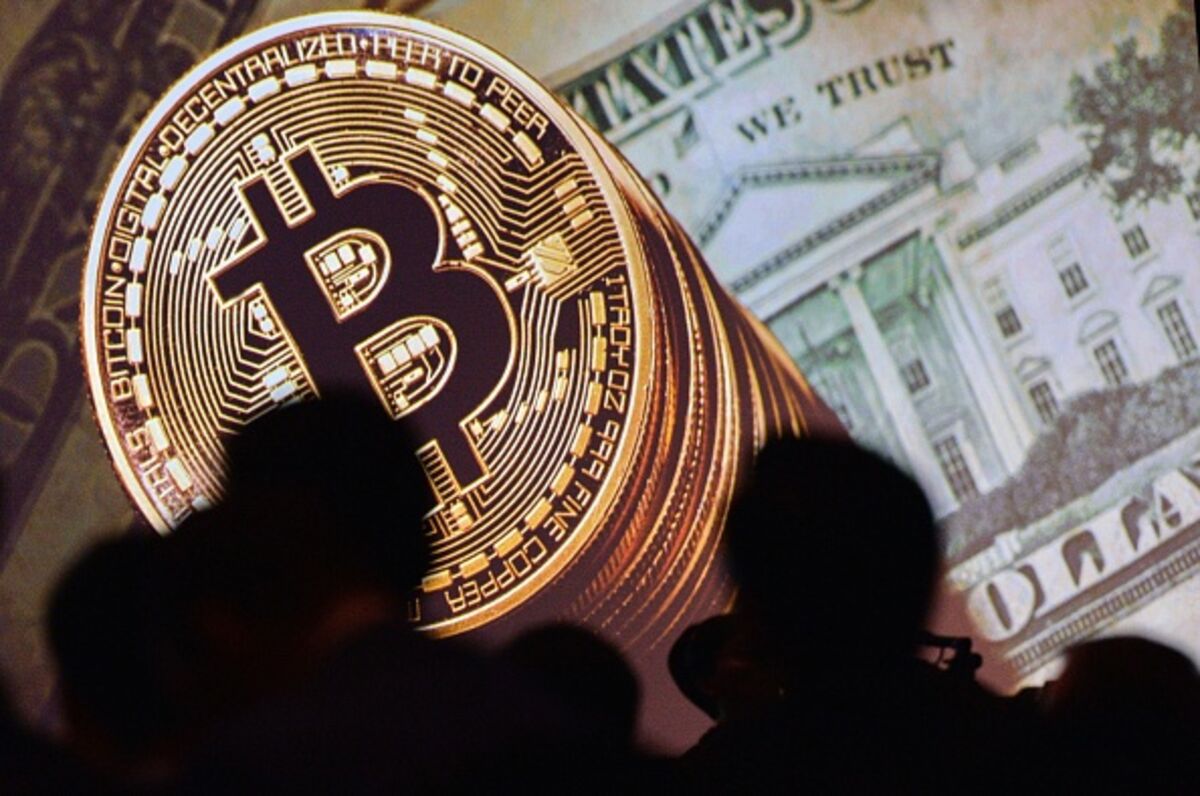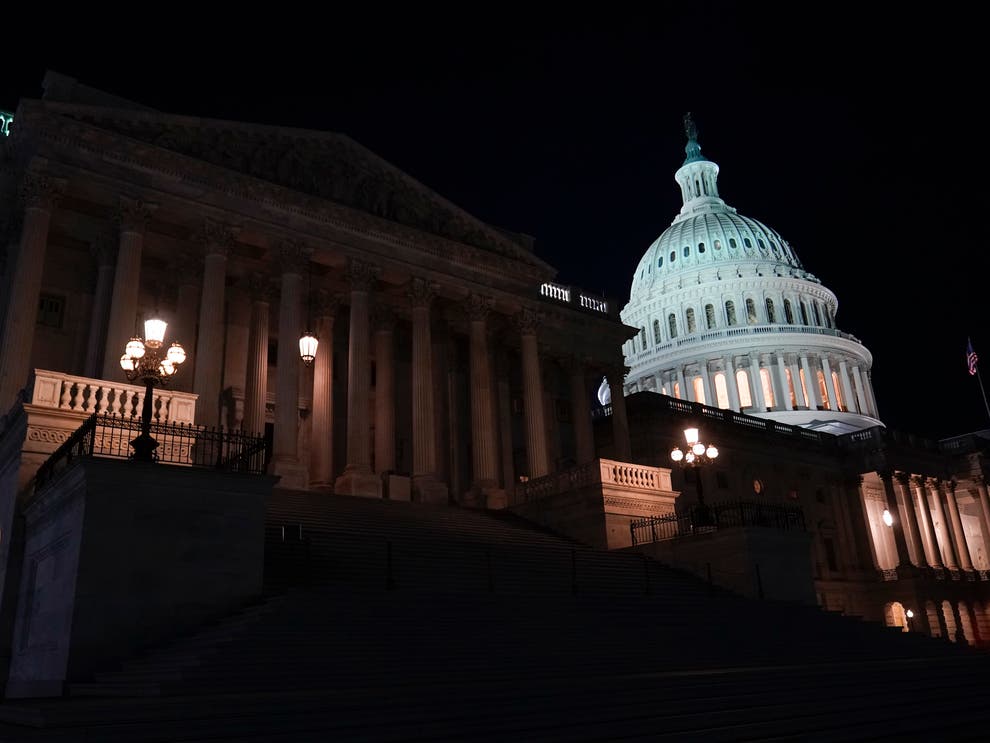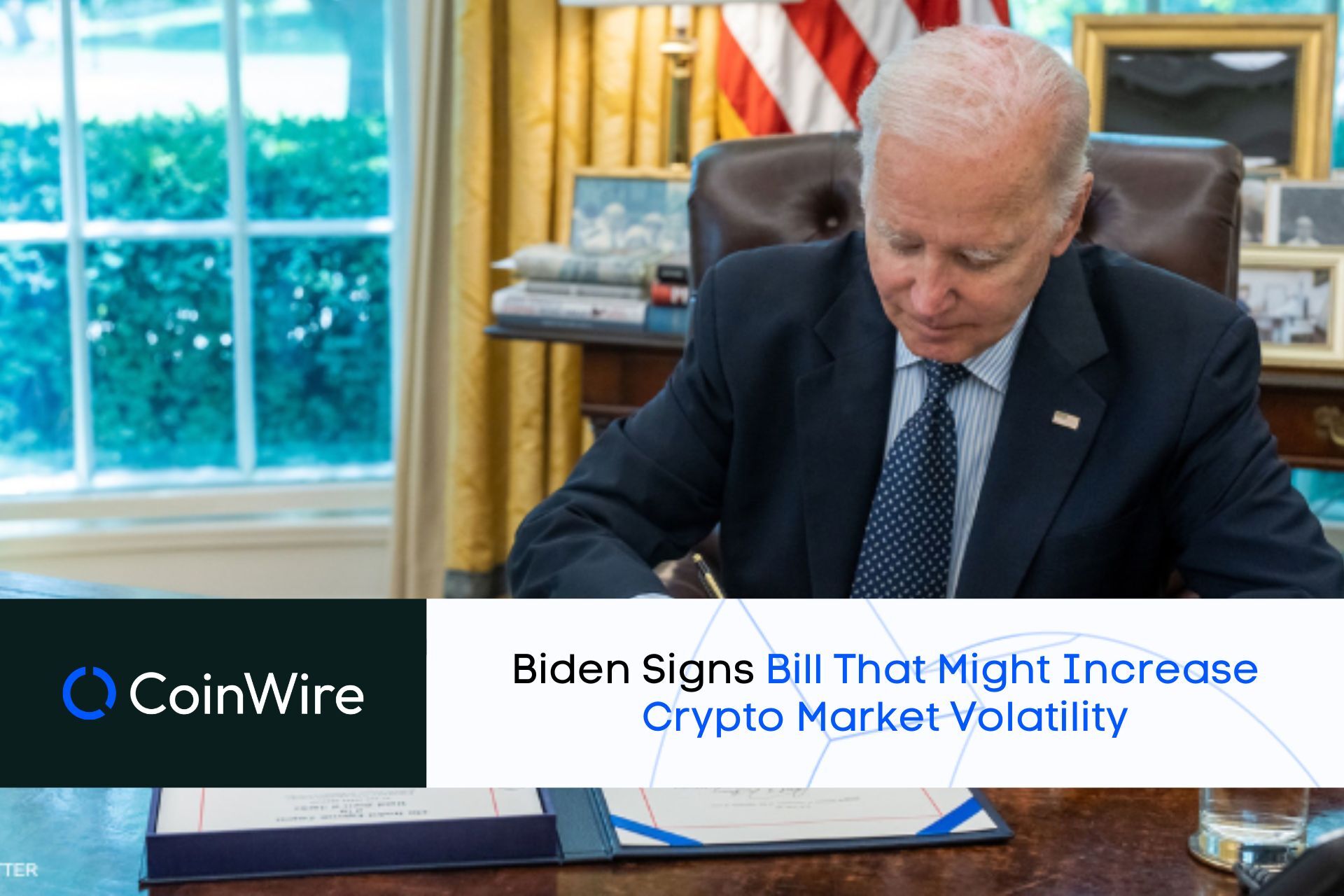
President Joe Biden reportedly signed lnew debt ceiling bill on Saturday, with just two days spare. By raising the nation’s debt ceiling, the aforementioned law hopes to prevent an unprecedented federal financial default.
The signing took place in private at the White House, according to the White House’s announcement. This assertion was made in a statement that Biden sent via email to thank legislative leaders for their cooperation.
Republicans’ Refusal

According to reports, Republicans would not lift the nation’s borrowing cap without Democrats agreeing to reduce expenditure. The result was an impasse that lasted for weeks despite the White House and House Speaker Kevin McCarthy’s strenuous discussions.
The final deal, which was approved by the Senate on Thursday and the House on Wednesday, will suspend the debt ceiling until Jan. 1, 2025, which will be the day after the next presidential election. It also limits how much money the government spends.
In order to ensure budgetary stability as the election season heats up, the aforementioned agreement also provides parliamentarians with budget targets for the following two years. It is said that increasing the nation’s debt ceiling, which is now set at $31.4 trillion, will allow the government to borrow money in order to pay off existing bills.
Last Friday, Biden said in the Oval Office, “Passing this budget agreement was critical. The stakes could not have been higher.” He said that defaulting on the nation’s debt would have been the most disastrous scenario.
The Bill Turned Law
Reports have unveiled that the 99-page document that was recently approved limits spending for the next two years while also changing several rules. Some of the policy changes include adding additional labor requirements for senior citizens getting food assistance and approving the Appalachian natural gas pipeline, which is opposed by many Democrats.
Additionally, several environmental regulations were changed to speed up the approval process for infrastructure and energy projects, a change that moderates in Congress have long advocated.
On the other hand, the Congressional Budget Office calculated that removing job restrictions for veterans, the homeless, and children leaving foster care may potentially increase the total eligibility for federal food assistance. Although both parties were crucial to the legislation’s passing, it has been noted that Democrats supported it in greater numbers than Republicans.
The New Law’s Potential Effect on the Crypto Industry

The new debt ceiling rule may increase market volatility and uncertainty for a variety of asset classes, including cryptocurrencies, where investors may become more risk-averse. In this period, persistent worries about the soundness of the financial system or the general economy may be brought up, which might have a negative effect on investor sentiment and lower demand for cryptocurrencies.
The conclusion of the debt ceiling bill may also have an impact on the value and stability of fiat currencies, and if there are concerns about fiat currencies, people may turn to cryptocurrencies as an alternative store of value. Most crucially, if government budgets are restricted or investment programs are impacted, there may be a limited supply of capital and investment opportunities.







